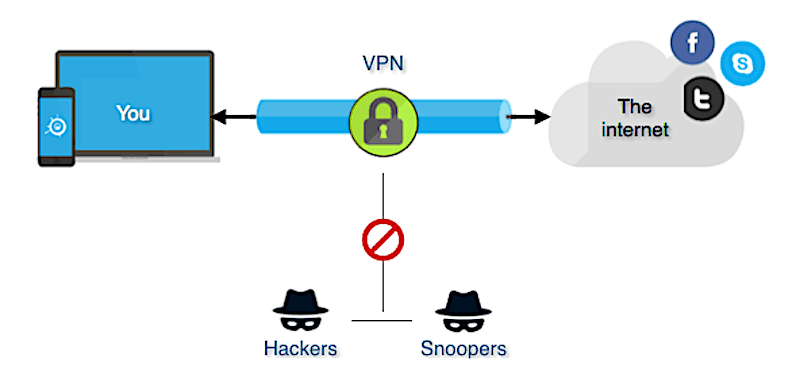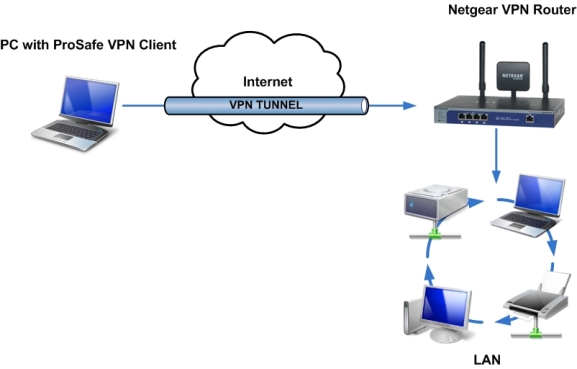A VPN connection stands for Virtual Private Network. It is a tool that helps you stay safe online. Let’s break it down. We will learn what a VPN is, how it works, and why it is useful.
Understanding VPN
A VPN creates a secure connection over the internet. It acts like a tunnel. This tunnel protects your data from others. When you use a VPN, your internet connection is private. Your activities online are hidden.
How Does a VPN Work?
A VPN works by connecting your device to a server. This server can be far away. When you send information, it goes to the server first. The server then sends it to the internet. This hides your real location. It also hides your IP address.
Your device connects to the VPN server using an encrypted connection. Encryption is like a secret code. Only you and the server can read the data. This makes it hard for anyone else to see what you are doing.

Why Use a VPN?
There are many reasons to use a VPN. Here are some of the main ones:
- Privacy: A VPN hides your online activities.
- Security: It protects your data on public Wi-Fi.
- Access: You can reach content from other countries.
- Bypass Restrictions: It helps you avoid internet blocks.
1. Privacy
When you use a VPN, your real IP address is hidden. This makes it hard for websites to track you. They cannot see what you are looking at online. Your privacy is very important. A VPN helps keep it safe.
2. Security
Using public Wi-Fi can be risky. Others can see what you do. A VPN keeps your data safe. It encrypts your connection. This means your information is secure. You can surf the internet without worry.
3. Access
Some websites are only available in certain countries. A VPN allows you to connect to servers in other places. This way, you can access content from anywhere. If you want to watch a show only available in another country, a VPN can help.
4. Bypass Restrictions
Some schools and workplaces block certain websites. With a VPN, you can bypass these blocks. You can access the websites you want. This gives you more freedom online.
Choosing a VPN
Not all VPNs are the same. It is important to choose the right one. Here are some things to consider:
- Speed: A good VPN should be fast.
- Security: Look for strong encryption.
- Server Locations: More servers mean more options.
- Price: Some VPNs are free, but paid ones are usually better.
Speed
A VPN can slow down your internet. Choose one that has good speed. This way, you can stream and browse easily.
Security
Make sure the VPN uses strong encryption. This keeps your data safe. Look for features like a kill switch. A kill switch stops your internet if the VPN connection drops.
Server Locations
Check how many servers the VPN has. More servers mean better access to content. You can connect to different countries.
Price
Some VPNs are free, but they may not be safe. Paid VPNs often offer better security and speed. Make sure to read reviews before choosing.
Using a VPN
Using a VPN is easy. Here are the steps:
- Choose a VPN provider.
- Download the VPN software or app.
- Install the app on your device.
- Open the app and log in.
- Choose a server location.
- Connect to the VPN.
1. Choose A Vpn Provider
Research different VPN providers. Look at their features and prices. Choose one that meets your needs.
2. Download The Vpn Software Or App
Go to the website or app store. Download the VPN software. Follow the instructions to install it.
3. Install The App On Your Device
After downloading, open the installer. Follow the prompts to install the app.
4. Open The App And Log In
Once the app is installed, open it. Enter your account details to log in.
5. Choose A Server Location
Look at the list of servers. Choose one based on your needs. You can connect to a server in another country if needed.
6. Connect To The Vpn
Hit the connect button. Your device is now secure. Enjoy browsing safely!
Limitations of VPNs
Even though VPNs are useful, they have some limitations. Here are a few:
- Not Completely Anonymous: VPNs do not make you invisible.
- May Slow Down Your Internet: Some VPNs can be slow.
- Not All Services Work: Some websites block VPNs.
1. Not Completely Anonymous
Using a VPN does not mean you are completely anonymous. Your VPN provider can still see your activity. Choose a provider that respects privacy.
2. May Slow Down Your Internet
Some VPNs can slow down your internet speed. This happens because your data travels farther. Choose a fast VPN for better speed.
3. Not All Services Work
Some websites try to block VPN users. You might not be able to access them. Look for a VPN that can bypass these restrictions.

Frequently Asked Questions
What Is A Vpn Connection?
A VPN connection is a private network that encrypts your internet traffic. It helps protect your online privacy.
Why Use A Vpn?
Using a VPN enhances your online security and privacy. It hides your IP address and keeps your data safe.
How Does A Vpn Work?
A VPN works by creating a secure tunnel between your device and the internet. It encrypts your data for safety.
Is A Vpn Legal?
Yes, using a VPN is legal in most countries. Always check local laws to be sure.
Conclusion
A VPN connection is a useful tool. It helps protect your privacy online. It also keeps your data safe. Using a VPN is simple and can be helpful. Remember to choose the right VPN for your needs. This way, you can enjoy a safer internet experience.
Always be careful online. A VPN is just one step to stay safe. Make sure to follow good practices. Stay aware of your online activities. With a VPN, you can browse with more confidence.
